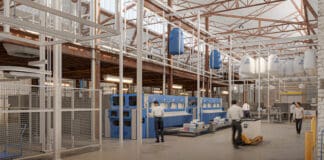The tech sector has not been immune to the recession, although one area—data centers—continues to evolve at an impressive pace. Once known for its “down and dirty” personal computers, Dell is now applying a low tech solution to the data center concept in order to gain some market share in this highly competitive arena.
Dubbed “Humidor,” the custom containerized data center was launched by Dell’s Data Center Solutions unit to accommodate the intense demands of Microsoft’s Azure compute cloud. While the structures are capable of meeting this need, they also enable Dell to avoid the construction of thousands of square feet of permanent brick and mortar data centers.

Timothy Prickett Morgan of the Register (12/13/08) writes:
Andy Rhodes, director of marketing for Dell’s DCS unit explains that hyperscale customers are interested in compute and storage density, and they don’t want to spend a lot on data center facilities….Moreover, the facilities people and the IT people do not always get along, causing HR friction in data center solutions where power, cooling, and IT are mixing inside a single container. Each group needs different—and separate—access to their respective gear.
The top part of the Humidor double-container has power transformation, metering, and distribution gear, uninterruptible power supplies, and air handlers (FM-related equipment), according to Rhodes. And the facilities people apparently don’t mind having to take the stairs to their own gear so long as they don’t have to share with the IT nerds.
Dell expects customers to put a cheap shell of some sort around the containers as they are lined up and stacked, not to leave them in the parking lot. Having millions of dollars in IT gear sitting exposed, without physical security and inside portable containers, is not the brightest thing anyone has ever suggested. But using containers to cut data center facility costs by anywhere from 20% to 30% is pretty smart, which is what Dell reckons a containerized data center can yield over a conventional brick-and-mortar data center, depending on a lot of variables, of course.
So the next time you drive past a parking lot or storage area filled with innocuous looking containers, you may be inclined to do a double take. After all, they may not be stuffed with cheap commodities from overseas—they could be fully functional and highly sophisticated data centers, crunching your numbers and chugging away as you drive past them on the highway.





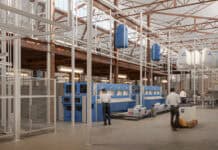

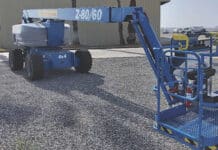
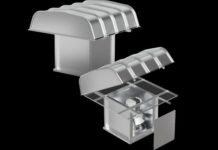

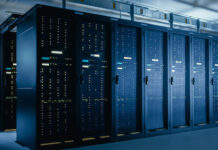
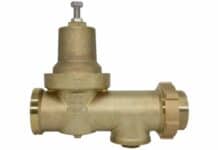




![[VIDEO] Job Order Contracting: Accelerating the Projects that Matter](https://facilityexecutivemagazine.kinsta.cloud/wp-content/uploads/2024/05/maxresdefault-324x160.jpg)
